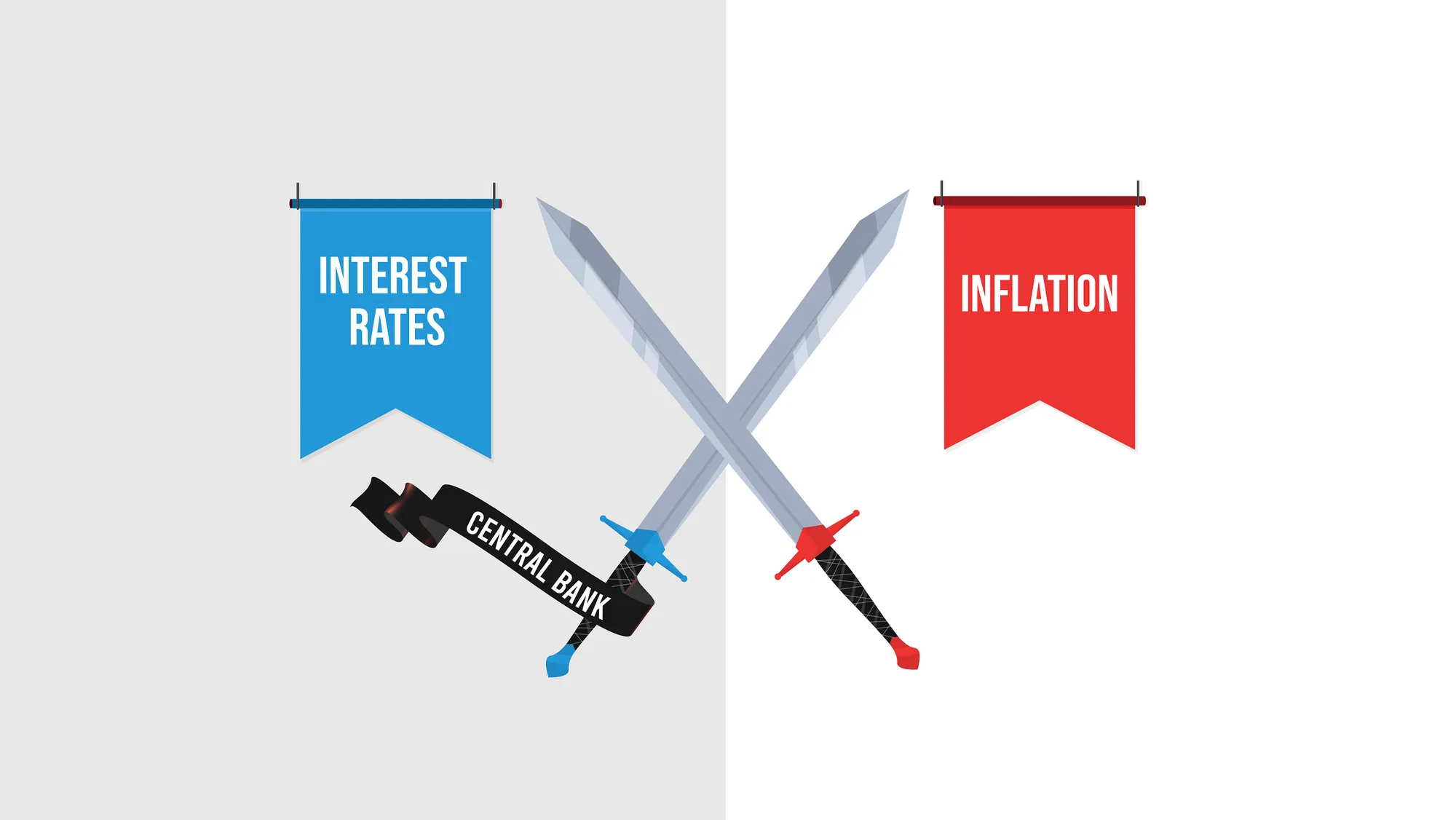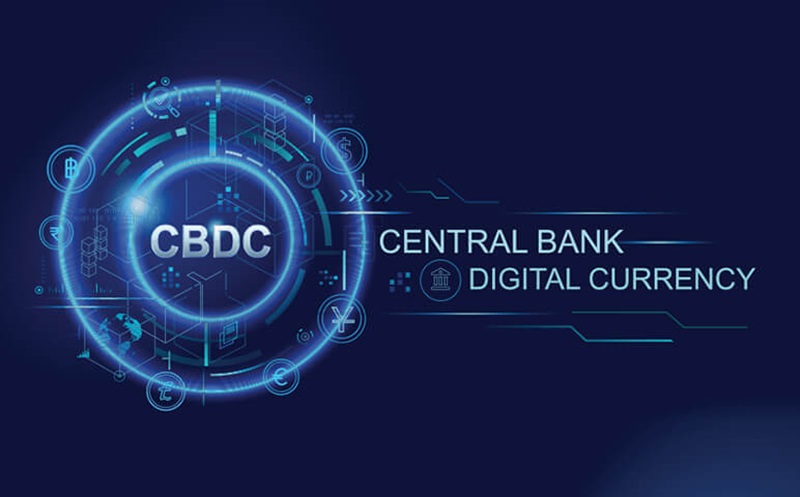Imagine a world where your financial life isn’t bogged down by banks or brokers. That’s what we’re peering into as we explore the future of financial disintermediation. This shift isn’t coming; it’s here, changing how we save, spend, and invest. We’re moving away from traditional banking, thanks to Decentralized Finance (DeFi) and enterprising Fintech startups. They’re ripping old systems apart, putting more power in our hands. Tech advancements mean you can swipe, tap, and click your way through money matters, effortless as ordering takeout. And as Artificial Intelligence (AI) and robotics grow smarter, they’re not just tools but trusty financial advisors. Yes, regulations twist and turn, but even this can’t slow down the sea change, with Big Tech diving in deep. Strap in; we’re on the fast track to managing money where middlemen are mere memories.
The Rise of Decentralized Finance and Its Impact on Traditional Banking
Blockchain’s Role in Reducing Reliance on Banks
Blockchain is shaking up banking like a snow globe in a storm. It’s the tech behind Bitcoin. But, it’s not just making waves with cryptocurrency. It’s cutting out middlemen in finance. You see, blockchain is a list of records, chained together securely. No single person controls it. Everyone can check it. Think of it like a shared magic book: if you write in it, everyone can see the spell. This idea is making peer-to-peer payment systems thrive.
These systems let people send money straight to each other. No need for a bank to say it’s okay. And it’s not only about payments. It’s also about things like making loans straight to a friend, or someone halfway across the world. Blockchain makes sure everything’s on the up and up without the bank’s help.
Fintech Startups: Pioneers of Banking Disruption
Let’s talk about the new kids on the block: fintech startups. They’re like the cool cousins who know all the new tech games. They are reshaping how we think about our cash. Growth of mobile payments and rise of digital wallets? That’s them. They’re the ones making your smartphone a wallet. Cashing a check or sending cash to a friend now happens lightning fast, right from your phone.
These startups also love the idea of open banking. That’s when banks share your banking data, with your okay, to other finance apps to give you better services. With just a few taps, you can see all your money in one place, move it around, and make it work smarter for you. This is a big shift from the old bank buildings with long lines.
There’s also a buzz about non-bank financial services. These are companies not really banks, but they let you do similar things. Neobanks are a hot example. They’re all online, no branches. They give you banking services with lots of plus points like better rates and cooler features.
This whole mix – blockchain, fintech, mobile payments – it’s all cooking up a storm that’s changing money talk. It’s making it less about “This is how it’s always been” and more about “What works best for you?”
Banks are feeling the heat. They know they need to step up their game. They see people liking fintech’s style and they’re trying to catch up. But it’s not just about being trendy. It’s about what you need and how you want to move your money. That’s what’s driving the future, and buddy, it’s a pretty exciting ride.
Tech Advancements Pushing Financial Services to Consumers’ Fingertips
Mobile Payments and Digital Wallets: The New Face of Transactions
Imagine buying ice cream without cash or a card. Just your phone! Sounds simple, right? That’s what mobile payments are all about. They let us pay for stuff with a tap. More and more people don’t carry cash at all. They just use their phones. And why not? It’s fast and handy. Digital wallets store all your payment info safely. So, you can buy a toy online or a movie ticket with a click. Your phone is becoming your new wallet.
Mobile payment use is growing a lot. This is because it’s so easy. You can pay bills, split dinner costs, or send cash to a friend. All this without seeing a bank teller. This is a big deal. Everyone has a phone, so everyone can use it. It’s a fast track to buying things online too. Just pick your stuff, checkout, and you’re done. No more typing card numbers.
Businesses are also loving this. They can get their money quick. And they know it’s safe, thanks to smart tech like blockchain. Banks are noticing this change. They’re jumping in, making their own apps. They are seeing fintech startups as both friends and rivals. This mix is exciting but tricky too. Banks need to keep up or get left behind.
The Integration and Importance of APIs in Financial Transactions
Let’s talk about how things connect. APIs, or application programming interfaces, are like bridges. They let different software talk to each other. Think of ordering a pizza from an app. That app needs to talk to the pizza place’s system to know the menu. And to your bank, so you can pay. APIs make this chat happen.
In finance, APIs are a game-changer. They let new tools and services work together. You get to do your banking with new, cool apps. Banks are sharing their data to let you do more. It’s called open banking, and it’s picking up. This way, there’s no need for middlemen. You get to control your money straight from your phone.
APIs also help businesses make better things for you. Say, an app that tracks all your spending and savings. It’s like having a smart helper in your pocket. This is how APIs give power back to you. You can pick the best tools to manage your money. And for the banks and businesses, APIs mean they can offer more without doing everything alone. They can work with tech folks to build new finance tools.
Peer-to-peer lending and payment systems are popular too. They let you borrow or send money directly to others. APIs are key here as well. They connect people who want to lend with those who need money. This skips the bank, so it’s often quicker and cheaper.
Tech in finance is definitely growing. It’s taking us to a place where we won’t need banks the same way. We’re heading towards less hassle and more power in our hands. And that’s just the beginning. The way we think about money is changing—thanks to a phone in our pocket.
The Shift Towards Autonomous Financial Management
How AI and Automation Are Reshaping Personal Finance
AI and automation change how we handle money. They simplify complex tasks. We see this in apps that help us budget or invest. This tech learns from our habits. It makes smart choices for us, keeping us on track with our goals. Think of it like a personal finance coach that never sleeps.
AI helps banks, too. They can spot fraud faster and serve customers better. By using patterns, AI predicts issues before they happen. It can even offer advice based on our spending. It keeps getting smarter as it learns.
The Entrance and Influence of Robo-Advisors in Investment Strategies
Robo-advisors are a big deal in investing today. They use algorithms to manage investments. They’re low-cost and easy to use. You tell them your goals, and they do the rest. They pick investments and build a portfolio for you.
Many love robo-advisors. They take the confusion out of investing. This is helpful for new investors. It’s also great for those who want to save time. With robo-advisors, anyone can grow their wealth.
Automated tools like these are changing finance. They offer a new path away from traditional banks. They put the power in your hands. In a world full of options, they’re a simple choice for making the most of your money.
Adapting to Regulatory Changes and the Role of Big Tech
Navigating Financial Regulations in the Era of Fintech Innovation
Think about a world where you call the shots, not banks. Where you can send money, save, or borrow without ever walking into a bank. That’s what fintech, or financial technology, is all about. It’s making big waves in the world of finance. Now, as you can imagine, when things change, so do the rules.
So, what’s the deal with financial regulations and fintech? In short, regulators are playing catch-up. They’re updating old rules to keep up with new tech. These changes matter because they keep our money safe and help stop bad guys from doing sneaky things with funds.
One way they’re doing this is with something called open banking. It’s a trend that lets apps and services tap into bank data safely and reliably. This means you can use cool apps to manage your money better, without worrying as much.
But it’s not a free-for-all. Regulators make sure that anyone who hooks into your financial data plays by strict rules. This keeps your info safe and makes sure businesses are fair.
The Influence of Big Tech Companies on the Financial Services Ecosystem
Big Tech – think huge names like Google and Amazon – is stepping into finance too. They’re shaking things up and bringing a bunch of new ideas with them.
These companies have tons of experience making stuff easy for us. They’re using this know-how to change how we handle money. You might use Google Pay to buy a toy online or see your spending habits on an Amazon money app.
This influence is huge because Big Tech understands what we like and what we don’t. They make things simple and quick. That means traditional banks have to work harder to keep up or risk getting left behind.
Big Tech also has masses of data on how we shop and what we do online. This can be good because it can mean better and more personal financial services. On the flip side, it raises questions about who knows what about our spending habits.
To tie it all up, the world of money is zooming into the future. Fintech innovation, from blockchain to mobile banking, is driving us forward. Old-school banks are learning to dance to a new tune, matched by new fintech tunes.
Yet, with all this change, regulators are buckling down. They’re making sure that while the tech gets cooler, our money stays secure. Big Tech’s leap into finance is bringing more options our way and revamping how we think about our dough.
So, we’re racing into a future with fewer middlemen, more tech, and big shakes in the financial world. It might sound a bit scary, but really, it’s pretty exciting. Because, at the end of the day, it’s about making money matters easier and better suited to you.
In this post, we explored big changes in how we manage money. Tech makes banking easy and puts it right in your hands. We saw how blockchain cuts down on bank control and how bold new companies are changing the game. We covered how you can pay and get paid with your phone, and why APIs matter in your money moves. Then, we dived into smart money management with AI and how robo-advisors help you invest. Lastly, we talked about rules in fintech and how big tech shapes our financial world. Change is here, and it’s exciting to see how fintech will keep making our financial lives better. Keep an eye on these shifts; they’re powerful tools for your money.
Q&A :
What is financial disintermediation and how will it shape the future?
Financial disintermediation refers to the process where consumers or businesses bypass traditional financial intermediaries like banks or brokers to use alternative financial services. This practice is shaping the future by enabling more direct transactions between parties, often facilitated by technology such as blockchain and peer-to-peer platforms. As a result, there may be more competitive rates, improved access to financial services, and increased efficiency in the financial sector.
How could technology contribute to the rise of financial disintermediation?
Technology is a key contributor to the rise of financial disintermediation by providing tools and platforms that make it easier for individuals and companies to interact directly. Innovations like mobile banking apps, online investment platforms, and cryptocurrencies are just a few examples of how technology is enabling this shift, reducing the need for traditional middlemen and potentially offering faster, more user-centric financial solutions.
What are the potential benefits of financial disintermediation for the average consumer?
For the average consumer, financial disintermediation can offer multiple benefits, including reduced transaction costs, higher returns on investments, and more personalized financial services. As intermediaries are phased out, consumers often reap the benefits of more competitive prices due to increased market competition and transparency.
Can financial disintermediation pose risks to the economic system?
Yes, financial disintermediation can pose certain risks to the economic system. It may lead to a reduction in the traditional banking sector’s profitability, potential regulatory challenges, and stability concerns due to increased market volatility. The absence of regulated intermediaries also raises questions about consumer protection and the ease of tackling financial fraud.
How are regulatory bodies responding to the challenges of financial disintermediation?
Regulatory bodies are actively working to adapt to the challenges posed by financial disintermediation by proposing new regulations and adjusting existing ones. This includes creating frameworks for the operation of fintech companies, enforcing stricter cybersecurity measures, and protecting consumers through enhanced transparency and disclosure requirements. Regulators are also exploring how to effectively oversee digital currencies and other direct financial instruments.






